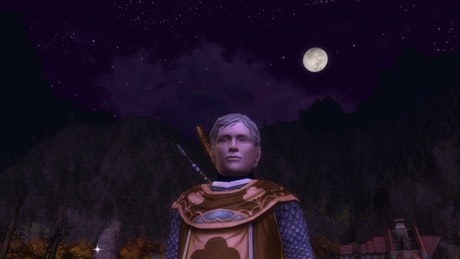Vanderbilt University's class is about transmedia and remediation. Instructor Jay Clayton uses the various interpretations of J.R.R. Tolkien's Middle Earth to discuss the differences in how each form of media tells a story. Class lectures discuss Tolkien's original novels (The Hobbit and The Lord of the Rings series), Peter Jackson's movies, Turbine's Lord of the Rings Online, and the various epic poems that inspired the original lore. Professor Clayton really makes the class great with his critical analyses of each form of media. He doesn't look at each form of media and judge them by how well they stick to the original lore. Instead, Professor Clayton discusses how well each form uses imagery and conveys emotion.
One interesting lecture discussed the criticism of science fiction and fantasy as being called escapist entertainment. Escapism is described as having no relation to the real world. Learning and real world application do not derive from escapism, only the temporary relief from day-to-day stress. This is a criticism that is often applied to video games. Clayton explains that video games are the newest form of entertainment and are cycling through the same rounds of criticism that novels, poetry, painting, and others went through before. It feels good to hear a rational statement like this. I plan on exploring this argument further.

No comments:
Post a Comment